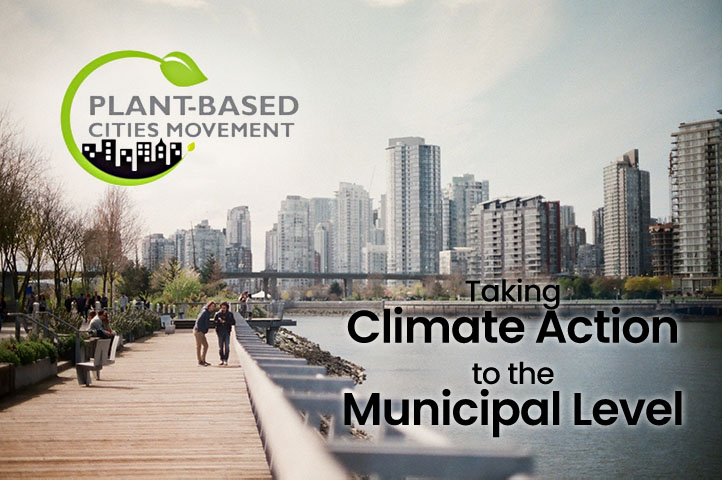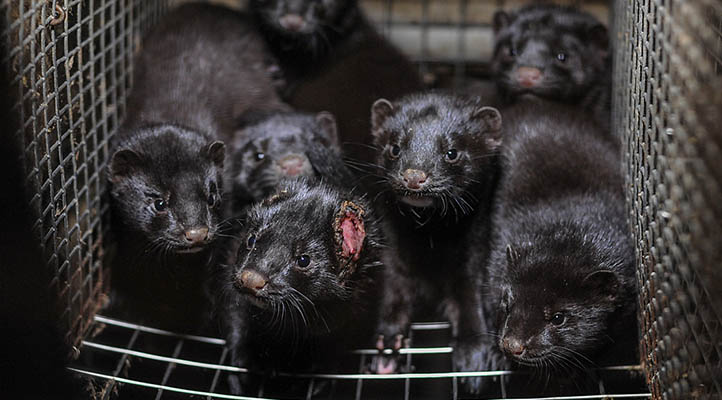As we reflect on the developments and challenges of the past year, one thing is clear: 2022 has been a very significant year for the global plant-based shift.
The animal agriculture lobby exploits the news media’s tendency to falsely grant all viewpoints the same scientific legitimacy when reporting on controversial issues. In reality the evidence supporting an immediate and significant shift to plant-based diets is overwhelming. A recent study sheds light on these tactics.
The Plant-Based Cities Movement: Taking climate action to the municipal level
How The Plant-Based Cities Movement is combating the climate emergency one municipality at a time. Learn how you can become empowered to make change in your hometown.
Eating meat leads to longer lives? Beware poorly designed studies with even more poorly interpreted results.
A recently published study claiming that meat eating is causal for longer lives actually shows no such thing.
Corn chips walking: How the overuse of corn in animal agriculture is devastating our environment
Animal agriculture has turned humans into massive consumers of corn, doing enormous damage in the process. It doesn’t have to be so. We can stop eating animal products.
Going vegan for life
In Earthsave Canada’s Virtual Speaker Series, Virginia Messina draws from her wealth of knowledge to help us transition to veganism and successfully stay vegan. Covering topics from nutrition to practical tips and mindset she has advice for both the vegan-curious and the die-hards among us.
Another challenging year, 2021 continued to see significant progress toward the goal of shifting to more sustainable, compassionate and healthy plant based diets. This blog recaps the year, with links to many of our blog posts from 2021.
Some people argue that hunting is more sustainable than animal farming. In reality, neither is a feasible way to feed humans in even the medium-term future.
BC phases out mink farming
Earlier this month, BC announced it would phase out its mink-farming industry. This blog examines the harms caused by this industry, including the spread of diseases like COVID-19, and provides suggestions for taking further action against commercial mink farming.
Canada has committed to achieving net zero greenhouse gas emissions by 2050. This means all emissions must be addressed, including agricultural emissions. As Canada moves towards net zero, agriculture could become an increasingly large contributor to Canada’s emissions profile.










